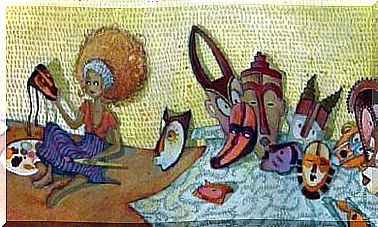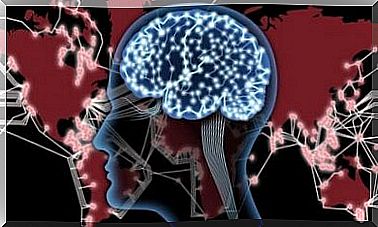Executive Functions: The Mental Faculties Of The Brain
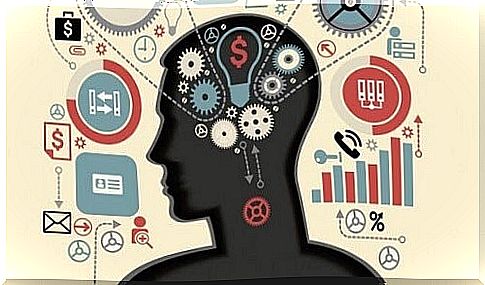
Executive functions are complex cognitive processes. They are spiritual activities that we use to interact with our environment and work.
We also use them to create, to prioritize some activities over others, to control time and even to motivate ourselves. They are automatic processes that we perform every day without even realizing it.
At first glance, all this may seem difficult to understand. We often hear that the brain works just like a computer because it uses the same mechanisms. However, we can say with certainty that the brain is much more advanced.
Executive functions are sophisticated activities through which we regulate our behavior and achieve our objectives. This is something that significantly surpasses any kind of technology.
For example, let’s say we are in bed with a book in hand. We’re looking for the chapter where we stopped reading. At the same time, we think about the things we will do the next day. We set a goal and decide what to postpone and what to do first.
Immediately we feel excited about the goals we have planned for the next day. Then we focus on reading the book. Meanwhile, we also remember that we have to turn off the light and go to sleep in an hour.
This simple example shows how our brains carry out countless processes in a small fraction of time. More specifically, we can say that they do this in seconds. We pay attention, prioritize, plan, track, and focus on predetermined goals.
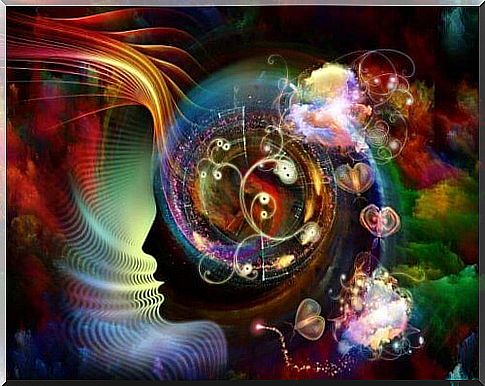
The frontal lobe of the brain
Human beings are not born with all their executive functions ready to use. A curious fact is that many of these processes do not reach their full functionality until around the age of 25.
The reason for this is that these cognitive abilities are mainly located in the prefrontal brain structures. Those brain parts are the last to develop.
Alexander Luria was the first neurologist to speak about these functions. From the point of view of the evolution of our species, they assume a new aspect associated with two milestones: the acquisition of language and the expansion of the frontal lobes. These events then caused a complete revolution.
Social groups became more sophisticated. There were also more benefits that have brought us to where we are today. However, it is important that we mention an essential aspect.
As we mature, these processes evolve. This is a result of our genetic code. Despite this fact, the complete acquisition of the executive functions is dependent on several elements.
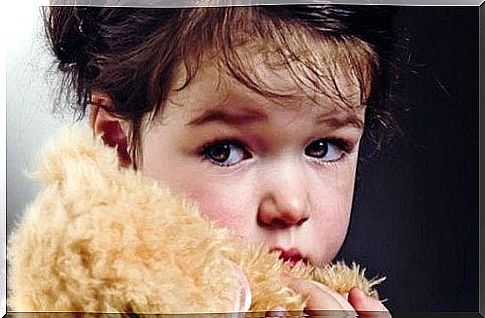
Brain development
When we are two years old, the types of interactions we get and the quality of those interactions is key. Stressful experiences due to insecure attachments make proper development difficult.
- Elkhonon Goldberg really understands the executive brain. In his book, The Executive Brain, he explains how executive functions reside in the frontal lobe of the brain. This is the part of the brain where our social interactions are located.
- Thus, if a child does not establish meaningful connections with their parents or receive a proper education, there is a good chance that he or she will not develop or use these cognitive processes effectively.
- On the other hand, we should also note that disorders such as dyslexia, attention disorders (with or without hyperactivity), dyscalculia, schizophrenia or any form of brain damage can impair executive functions.
However, the good news is that it is possible to train these executive functions. As long as we don’t have serious neurological problems, we can develop our executive functions to a great extent.
What types of executive functions do we have?
Animals also have executive functions. However, they are more primitive and simple. They make animals aware of their needs. That way, their perception system will guide their behavior. Finally, it also helps their bodily and motor systems find a way to meet their needs.
However, people do not act solely to satisfy their needs. Not only our instincts but also our goals, duties, social skills and cultural knowledge characterize us.
Our environment is so complex that we need brains that are able to adapt to that variety of internal and external stimuli. It is here that the executive functions come into play.
We are talking about the following executive functions here:
- Planning: Creating a series of ideas to achieve a goal.
- Reasoning: Human beings make comparisons, delete, parse and choose information. They discover.
- Control and manage time: People keep an eye on the time required for each job. They also know when to invest more hours into something.
- Organizing and structuring information: In this way the information acquires meaning and purpose.
- Braking: This is the ability to suppress and control our instincts and impulses so that we behave in the ideal way.
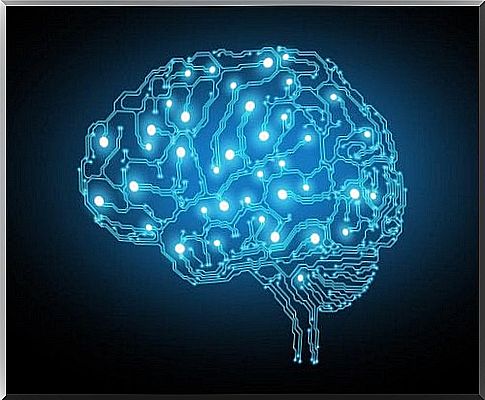
- Focus and retain information.
- Supervise and monitor assignments, objectives and wishes.
- A working memory : Storing information that can be accessed later at any time. This is one of the most important executive functions.
- Flexibility: The ability to change our perspective and be open to learning from new ideas.
Finally
The executive brain is undoubtedly the greatest gift our evolution as a species has given us. However, we should not ignore the fact that executive functions lose their effectiveness as we age.
So we have to learn something new every day. It also means that we should always encourage curiosity, critical thinking and quality interaction with the people around us. After all, all these actions feed our brains. They also provide energy to prevent these cognitive processes from deteriorating over time.





